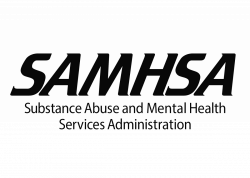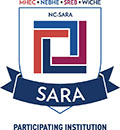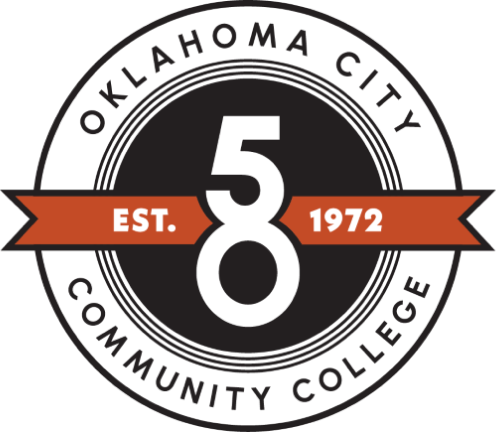
Activities and efforts for the Higher Education Prevention Services Program are made possible by grant funds received from Oklahoma Department of Mental Health and Substance Abuse Services (ODMHSAS) and the Substance Abuse & Mental Health Services Administration (SAMHSA). The program aims to educate the OCCC campus community on opioid and stimulant misuse prevention as well as stigma reduction.
Modern prevention is much more person-centered than programs of the past.
OCCC’s HEPS program employs evidence-based efforts that tie to overall wellness and mental health to curb drug and alcohol dependency.

Protective factors are essential for college students to prevent substance use amidst the challenges of college life. Strong social support systems, including nurturing relationships with peers and family members, can reduce the need for substance use. Involvement in extracurricular activities and meaningful engagement on campus promote a positive identity and healthier lifestyle. Access to accurate information about substance use and its consequences empowers students to make informed decisions. Clear institutional policies and support services discourage substance use and provide necessary help. Developing effective coping skills equips students with alternatives to substance use, fostering resilience and healthy decision-making.

Safely using, storing, and disposing of prescription medication is crucial for promoting public health and preventing misuse. Proper adherence to prescribed dosage and frequency ensures the intended therapeutic effects and reduces the risk of adverse reactions. Securely storing medications in locked cabinets or containers prevents unauthorized access, especially in households with children or individuals prone to substance abuse. Additionally, disposing of unused or expired medications through authorized drug take-back programs or following specific disposal guidelines protects the environment and reduces the chance of accidental ingestion or misuse by others. By prioritizing safe practices throughout the lifecycle of prescription medication, individuals can contribute to the overall well-being of themselves and their communities.

Reducing stigma surrounding treatment is crucial to promote early intervention and improve outcomes for individuals facing mental health or substance use challenges. Addressing stigma encourages individuals to seek help promptly, increasing the likelihood of successful treatment. Emphasizing the importance of early intervention helps prevent conditions from worsening and reduces the potential for long-term consequences. Moreover, fostering resource connectivity, such as accessible and comprehensive mental health services, helplines, and support groups, ensures individuals have the necessary support and guidance throughout their treatment journey. By combating stigma and promoting early intervention with robust resource connectivity, we can create an environment that prioritizes mental health and supports individuals in their path to recovery.
Call "911" or go to your closest Emergency Room
Utilize Oklahoma's Mental Health Lifeline via phone or text to "988"
Oklahoma County Crisis Center 405.945.6215
Norman Red Rock Crisis Center 405.307.4800
For substance use treatment resources visit: OKIMREADY











